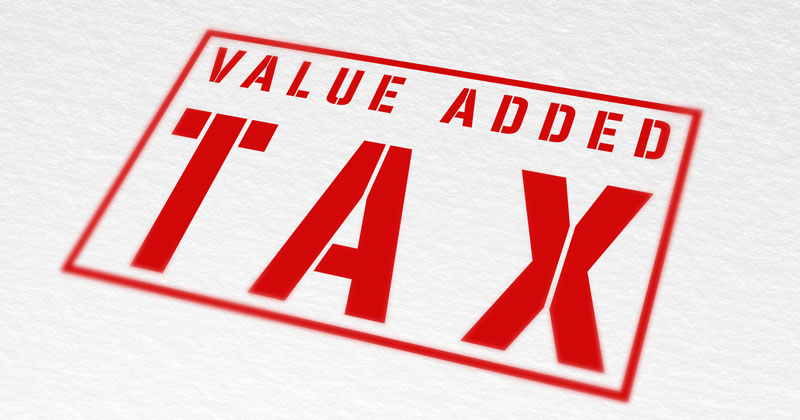

Saudi Arabia’s recent decision to triple its to 15 per cent has impacts for Omani firms currently trading in goods and services, or undertaking projects in that country, according to a Muscat-based tax expert.
Aabha S Lekhak (pictured), Director - Indirect Tax, KPMG Oman –

part of a global network of professional firms providing Audit, Tax and Advisory services – said the move has potential ramifications for the profitability of Omani firms operating in that country.
Buffeted by collapsing international oil prices and the pandemic, Riyadh announced a dramatic tripling of its VAT rate to 15 per cent last week, bringing it close to the global average (15.44 per cent) and well above the average rate of indirect tax in Asia, South America, North America and Oceania, according to Lekhak.
“The size and scale of the change coupled with the timing has the potential of impacting trade between Saudi Arabia and the rest of the world, not only Oman,” she noted.
In comments to the Observer, the tax expert warned that the move is likely to have an effect on the cash flow requirements for businesses in Saudi Arabia that import goods from Oman. “The former will now be required to pay import VAT at 15 per cent at the time of importation unless they make changes to their supply chain. It may also impact the profitability of businesses in Oman that procure goods from Saudi Arabia that do not qualify for zero rating/export and, therefore, attract Saudi Arabian VAT. In the absence of a tested or fully operative non-resident business refund scheme in Saudi Arabia, the VAT in that country, in this case, would become a cost.”
Additionally, the decision may impact the profitability of businesses in Oman having projects in Saudi Arabia liable to Saudi Arabian VAT under contracts where the prices agreed are inclusive of all taxes. In the current circumstances, these unanticipated pressures on cash flows and/or profitability are capable of impacting the trade patterns between the two countries and the rest of the world, she said.
The UAE, for its part, has said it has no immediate plans to follow suit. “This creates a disparity in the VAT rates in the region with UAE and Bahrain imposing VAT at 5 per cent and Oman, Kuwait and Qatar still preparing to implement VAT, and at the same time opens up potential arbitrage opportunities for businesses,” Lekhak pointed out.
Earlier this year, Oman has announced that it plans to implement VAT in the Sultanate “sometime during the beginning of 2021”.
Oman Observer is now on the WhatsApp channel. Click here



